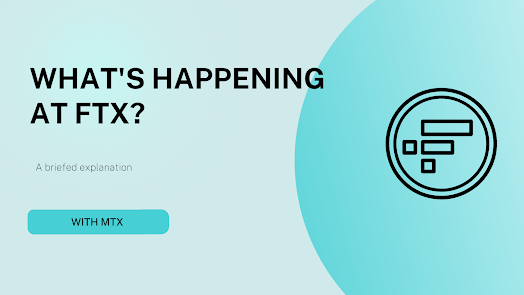What Is a Commodity?
A commodity is a basic good that can be traded for other commodities of the same type. Most of the time, commodities are used as parts to make other goods or services. So, a commodity is usually a raw material that is used to make something else. On the other hand, a product is the finished item that is sold to consumers.
The quality of a given good may vary slightly from one producer to the next, but it is mostly the same. When commodities are traded on an exchange, they also have to meet certain minimum standards. This is called a "basis grade."
Understanding Commodities
Commodities are the things that are used to make goods. They could also be basic foods, like certain farm products. The most important thing about a commodity is that there isn't much, if any, difference between the same commodity from one producer and the same commodity from another producer. No matter who makes it, a barrel of oil is pretty much the same thing. A bushel of wheat or a tonne of ore are also the same. On the other hand, a consumer product's quality and features will often be very different depending on who makes it (e.g., Coke vs. Pepsi).
Grains, gold, beef, oil, and natural gas are all common types of commodities. In recent years, the definition has grown to include financial products like indexes and foreign currencies. New kinds of goods are also being traded in the marketplace because of changes in technology. For example, minutes and bandwidth on a cell phone.
As financial assets, commodities can be bought and sold on exchanges that are just for that. There are also well-developed derivatives markets where contracts for these commodities can be bought (e.g., forwards, futures, and options). Some experts say that investors should hold at least some commodities in a well-diversified portfolio because they don't have a lot in common with other financial assets and could help protect against inflation.
Buyers and Producers of Commodities
Most of the time, people buy and sell commodities through futures contracts on exchanges that set minimum standards for the amount and quality of the commodity being traded. For example, the Chicago Board of Trade (CBOT) says that one wheat contract is for 5,000 bushels and says what grades of wheat can be used to fulfil the contract.
Commodity futures are traded by two kinds of traders. The first group is made up of buyers and sellers of goods who use commodity futures contracts to protect themselves, which is what they were made for. When the futures contract ends, these traders either make or take delivery of the real goods.
For example, a wheat farmer who plants a crop can protect himself from losing money if the price of wheat drops before the crop is harvested. When the crop is planted, the farmer can sell wheat futures contracts that guarantee a certain price for the wheat when it is picked.
What Determines Commodity Prices?
Like the prices of all other assets, the prices of commodities are set by supply and demand. For example, if the economy is doing well, there might be more demand for oil and other energy goods. There are many things that can change the supply and demand of commodities, like economic shocks, natural disasters, and investor appetite (investors may purchase commodities as an inflation hedge if they expect inflation to rise).
What Is the Difference Between a Commodity and a Security or Asset?
Commodities are things that can be eaten or used in the process of making other things. On the other hand, assets are things that can be used but don't get used up. Money or a piece of machinery, for example, are used to make things, but they still exist as they are used. Security is a form of money that is not a physical thing. It is a legal document (like a contract or claim) that shows how some cash flows from different activities (such as a stock representing the future cash flows of a business).
.jpg)


.jpg)

No comments:
Post a Comment